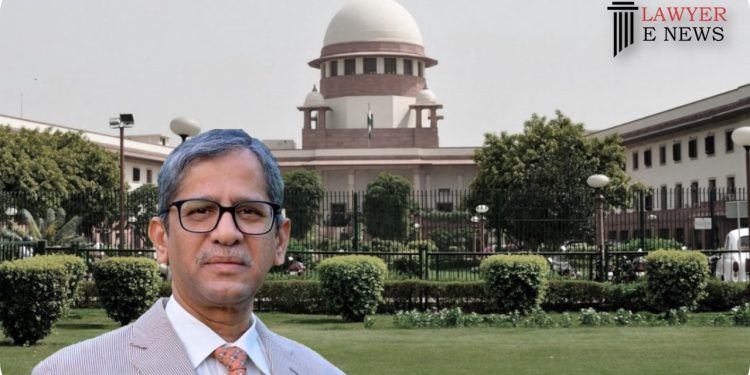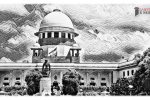Supreme Court Upholds Appointment of Judges as Executive Function, Defines Eligibility and Suitability

Supreme Court held in the recent judgement (Anna Mathews & Oth. vs Supreme Court of India D.D.10 Feb 2023) that the question of a person’s suitability to be appointed as a judge is excluded from the purview of judicial review.
Legal issue raised of the scope and ambit of judicial review in the appointment of judges to the High Courts under Article 217 of the Constitution of India.
Supreme Court finds that appointment of a judge is an executive function of the President of India and Article 217(1) prescribes the constitutional requirement of consultation. The eligibility of a person to be appointed as a judge of the High Court is determined by the parameters specified in Article 217(2) and any question regarding this would fall within the scope of judicial review. However, the question of a person’s suitability to be appointed as a judge is excluded from the purview of judicial review.
The Supreme Court held that the difference between eligibility and suitability must be understood. Eligibility, as per the provisions of Article 217(2), is an objective factor determined by the qualifications specified in the Constitution and, therefore, when eligibility is put into question, the question falls within the scope of judicial review. However, the question of suitability, which involves the fitness of the person being appointed, is excluded from the purview of judicial review.
Supreme Court further observed that the High Court and the Supreme Court of India have a Collegium system for recommending and selecting judges. After the High Court Collegium makes a recommendation for elevation, the intelligence agencies conduct a background check and the Supreme Court Collegium, consisting of the Chief Justice and two senior most Judges, considers the recommendation, comments from the government, and opinions from Judges familiar with the High Court. The final decision is taken by the Supreme Court Collegium after considering various inputs and is communicated to the government. Political background and criticism of policies have not been absolute bars to appointment, but the conduct and decisions of a judge must reflect independence, adherence to democratic and constitutional values, and upholding human rights and the rule of law.
Supreme Court further held that the court cannot issue a writ of certiorari or mandamus to quash the recommendation or call for reconsideration as it would amount to evaluating and substituting the decision of the Collegium. The court cannot also examine the suitability or merit of a candidate. The person elevated as a judge must pledge to uphold the Constitution and promote harmony, secularism, and dignity of every individual. Writ Dismissed.
ANNA MATHEWS AND OTHERS
VS
SUPREME COURT OF INDIA AND OTHERS






